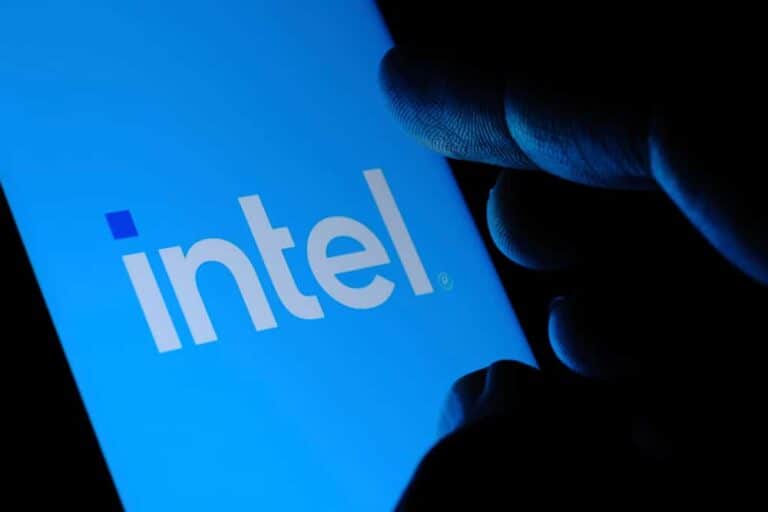The chip designers at Intel are still keeping details about Arrow Lake under lock and key. The Intel Foundry business unit is already sharing details about the upcoming architecture, though. Specifically, the next generation of Intel chips will not be manufactured in-house, but by TSMC.
Intel Foundry states that 18A, the next chip manufacturing process, should be ready by 2025. Its development has gone smoothly, meaning 20A capacity can be switched over to 18A. Meanwhile, Intel Foundry is canceling said 20A process. That process would have been the most obvious option for Arrow Lake, the chip architecture that will power future Intel laptops and desktops.
TSMC
In recent years, Intel has been rapidly going through chip process nodes. Names like Intel 7, Intel 4 and Intel 18A refer to the ever-shrinking “feature sizes” within semiconductors. In fact, it’s all about the smallest components that occupy a chip. The “A” stands for Angström, the measurement measure directly below nanometers (1 nm = 10 Angström), so 18A is more than twice as compact as Intel 4.
Intel Foundry confirms that it will not build Arrow Lake itself. Instead, Intel is opting for “external partners,” which can only mean TSMC. That was also already the partner for parts of Meteor Lake. When Intel presented that architecture last year (intended for thin-and-light laptops that launched late last year), it already confirmed that its own chip designs would henceforth be cross-compatible with other fabrications.
So the migration from Intel 18A to (presumably) one of TSMC’s 3 nanometer variants would not be too problematic. On top of that, Intel’s administration now operates in such a way that Intel Foundry is treated as an external partner. For chip designer Intel, the commercial deal may not be too different, although Intel Foundry now has fewer orders to fulfill.
Also read: Intel launches Core Ultra 2, the answer to Qualcomm and AMD
